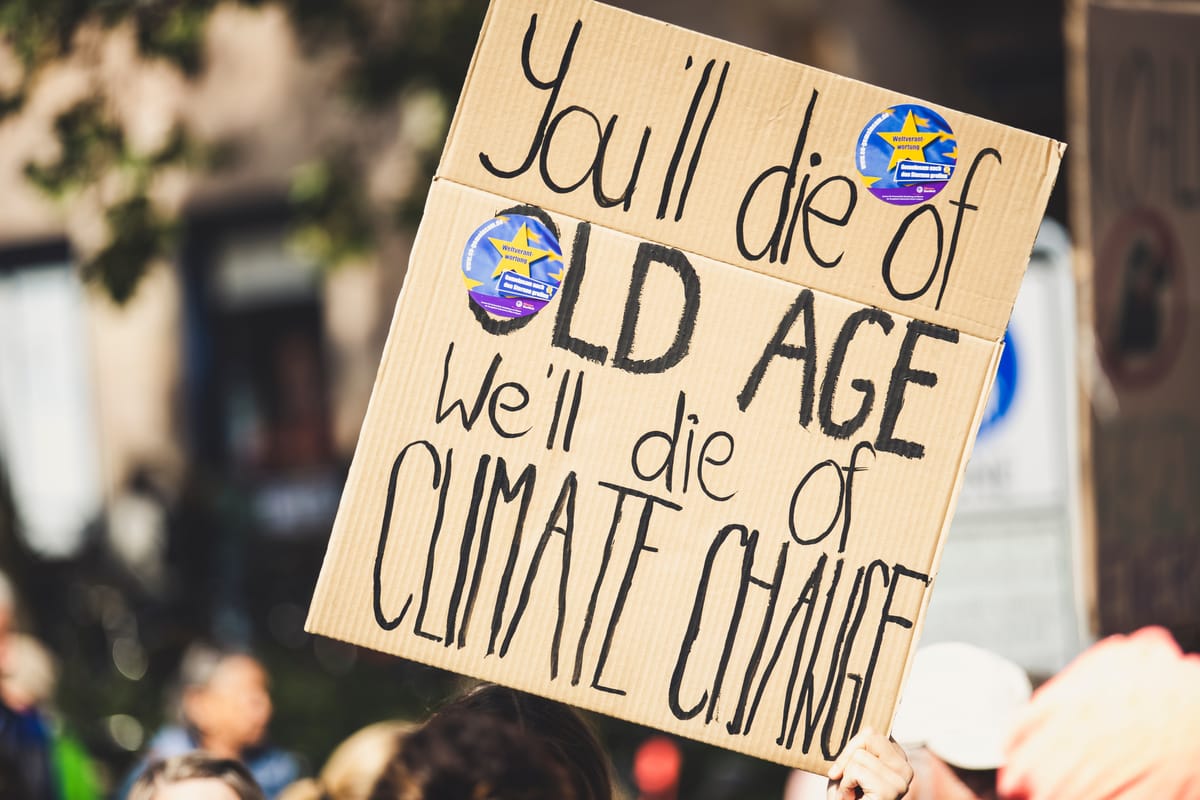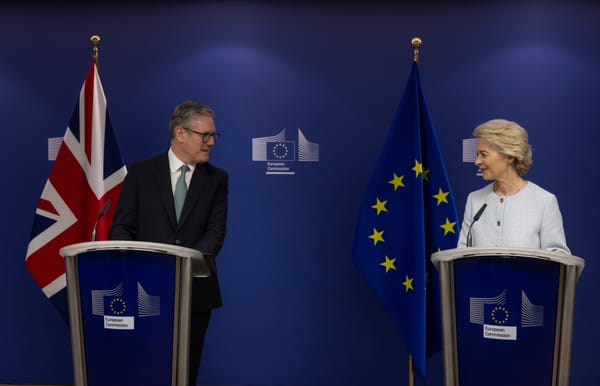Where is the SAGE for climate change?
Science editor Lily Shepherd questions why the emergency response to the coronavirus pandemic can't be applied to the climate crisis

The UK Government’s Scientific Advisory Group for Emergencies (SAGE) has been responsible for providing scientific advice to government decision makers during the coronavirus pandemic. But SAGE has existed since 2009, and has been “activated” during many other historical emergencies including flooding, other virus outbreaks, the Fukishima nuclear emergency and several worldwide natural disasters.
Each of these incidents activated SAGE because it was classed as an emergency. Each had the potential to put thousands or millions of lives at risk, and each was deemed to be an incident requiring a coordinated scientific response. These three criteria can quite clearly be used to describe the climate crisis – so why hasn’t SAGE been activated for climate change? Why, when MPs approved a motion to declare an environmental and climate emergency in May 2019, did the government’s normal processes for scientific emergencies not activate?
Why, when MPs approved a motion to declare an environmental and climate emergency in May 2019, did the government’s normal processes for scientific emergencies not activate?
Perhaps, before 2020, the argument for the climate change emergency not being a suitable subject for SAGE would have been the huge extent of the issue – the idea that, while it is an emergency, it is something that requires an extended and wide-ranging response. It might have been suggested that the more appropriate approach to dealing with the climate crisis would be a co-ordinated interdepartmental response, led by the Department for Business, Energy and Industrial Strategy, with very occasional input from leading politicians. SAGE would not be necessary because climate action would permeate all of government.
But SAGE has continued to be seen as necessary in tackling the coronavirus pandemic for almost a year now. It is recognised that the coronavirus pandemic is an emergency that must be dealt with efficiently and effectively in order to prevent the deaths of millions of people. It is recognised that, while action and policy change are required at all levels of government, it is also necessary for the UK’s leading politicians to be scrutinised and briefed by expert scientists every week. It would seem, then, that the same should be necessary for climate change – an emergency that is likely to cause destruction, displacement, and the deaths of millions of people.
This is not to say that there are no climate change scientific advisory groups in the UK Government. There are, of course, climate scientists who advise government at various levels. The Committee on Climate Change (CCC), for example, is a non-departmental public body which is sponsored by the Department for Business, Energy and Industrial Strategy, who advise the government and reports on progress made in climate action.
However, the CCC is a committee that meets once a month instead of once a week, often with just a handful of attendees, and certainly without the influence over leading politicians that SAGE possesses. The CCC does not have the capacity SAGE does to split into specific scientific subgroups and work on each key area that must be addressed. Much like coronavirus, climate change is a complicated beast, and we would certainly benefit from the wide-ranging emergency response that we have seen over the past year.
Much like coronavirus, climate change is a complicated beast, and we would certainly benefit from the wide-ranging emergency response that we have seen over the past year.
There is some hope that a climate change SAGE is possible, in the form of its sister-challenger, Independent SAGE. This group is led by Sir David King, the former Chief Scientific Adviser to the UK Government under Tony Blair and Gordon Brown. Independent SAGE was originally set up in response to the lack of transparency surrounding SAGE’s advice and its membership, which has now been made public, but Independent SAGE has continued to operate. The group analyses, scrutinises and advises on the UK Government’s actions in tackling coronavirus, and has been critical over the test and trace system.
In November 2020, the Guardian reported that Sir David King had indicated that Independent SAGE, or something like it, might continue to hold ministers to account over key scientific issues after the coronavirus crisis, including climate change. Sir David King stated that “it is clear that we need to go for a lot longer… with other issues including climate change, which is the greatest threat to humanity”.
Perhaps if Independent SAGE were successful in pressuring the UK Government’s SAGE to be transparent, they might also succeed in pressuring the UK Government to co-ordinate a proper scientific emergency response to climate change. Coronavirus and climate change are both global crises with the capacity to cause mass death and destruction. The coronavirus pandemic has been recognised as an emergency that requires our leaders to be “led by the science” in everything they do. Why, then, should the same not apply to the largest scientific crisis of our generation?





